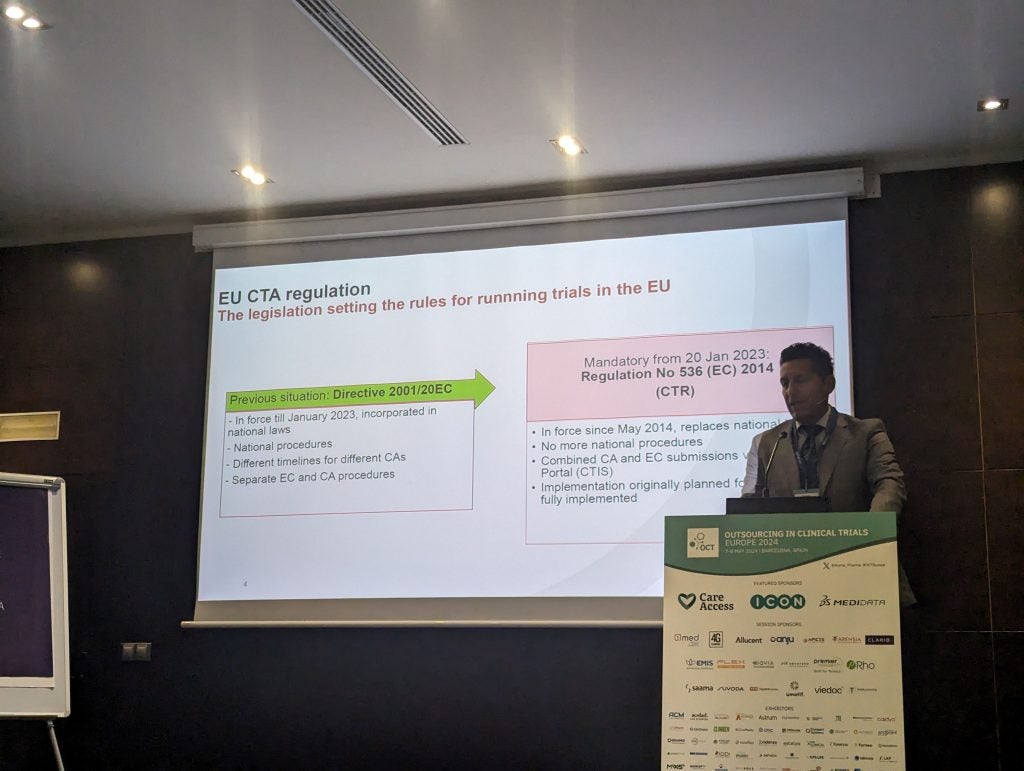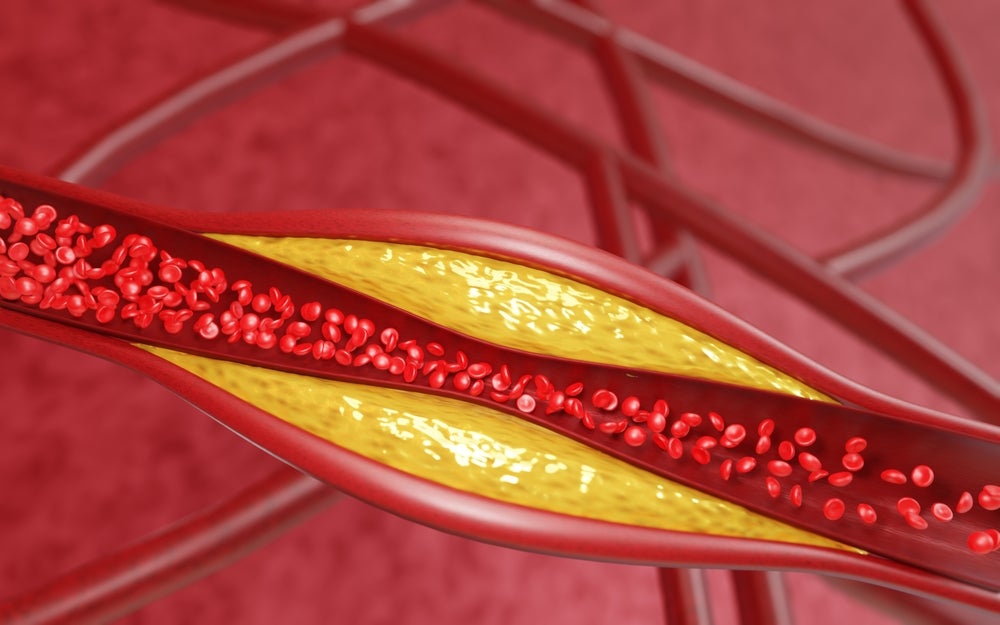The European Medicine Agency’s (EMA) Clinical Trials Regulation (CTR) is an improvement on previous practices, but some problems still exist with its use.
Speaking at the Arena International Outsourcing in Clinical Trials (OCT) Europe 2024 conference held in Barcelona, Spain, Dr Sol Yates, associate director of European regulatory affairs for Shionogi Europe, said that the room for interpretation in the guidance could lead to sponsors having to withdraw a trial in certain countries.
Yates said: “The issue is not with the CTR, the issue is some health authorities are, unfortunately, making their own interpretations of the regulation. What happens is some countries ask questions that you would not anticipate and questions that other countries do not care about. Certain countries really focus on certain issues and then you may have few other options but to withdraw from that country.”
However, it is difficult to design the guidance in a specific manner, because the complexities of running clinical trials do not allow for clear-cut guidance, and there needs to be some flexibility to accommodate alternative trial designs and protocols.
Sponsors only have until 31 January 2025 to transfer all their European trials to the CTR, including ongoing trials currently under the CTD and expected to be ongoing after 30 January 2025. The changes are to be submitted through the Clinical Trials Information System (CTIS) and can take three months to be processed.
One of the issues the CTR was designed to address was reducing the timeline for submitting a trial. Although this is now shorter, the period is still much longer than what sponsors find with the US Food and Drug Association (FDA).
“Once an IND is approved by the FDA, a sponsor can start a trial. For any amendments or trials to the IND, the FDA is obliged to comment within 30 days or a sponsor can move on with their study”, said Yates.
“In the EU, the process takes around 60 days minimum – and frequently even longer.”
Despite some remaining flaws, Yates said the CTR is an improvement on the old Clinical Trials Directive (CTD).
“It’s still not ideal, it’s still not easy, but [regulators] are realising that improving the process is really important,” Yates concluded.
Check out other coverage from OCT Europe 2024 on Clinical Trials Arena:
OCT Europe: AI and RWD can avoid data replication in trials
OCT Europe: Mutual investment a better solution than patient centricity
OCT Europe: Data governance guidance provides much-needed clarity
EU-X-CT project to clarify cross-border trial access in Europe
















